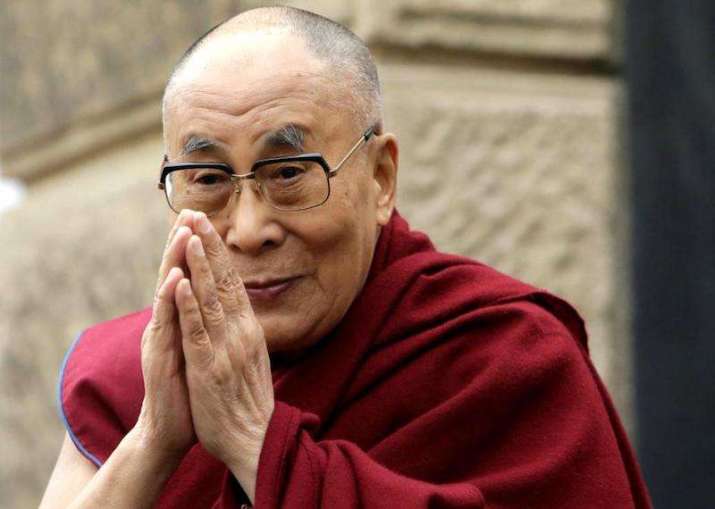:max_bytes(150000):strip_icc()/balance-56a0c4985f9b58eba4b3a68a.jpg) It is good to be restrained in body.
It is good to be restrained in body. It is good to be restrained in speech.
It is good to be restrained in mind.
It is good to be restrained in everything.
The renunciate who is restrained in every way
will realise freedom from suffering.
Dhammapada v.361
In his very first teaching, The Turning of the Wheel of the Law, the Buddha spoke of the limitations involved in being caught up in liking and disliking. He went on to explain the profound benefits to be found in cultivating the middle way – the perspective of perfect balance. So long as we don’t see how becoming lost in likeable moods means we will inevitably become lost in dislikeable moods, we risk making life into an endless struggle. This apparently endless struggle is the direct result of not appreciating the power of wise restraint. Indulging in liking and disliking are not the only options. If we train attention to skilfully observe these movements of mind which we call liking and disliking, we might discover an altogether different perspective. And this perspective in no way diminishes the potential for experiencing the natural joys and sorrows of life; quite the opposite. Well trained attention has the power to free us from the fear of becoming lost and confused by the vicissitudes of life. Skilful restraint equips us with what we need to turn struggles into wisdom.

